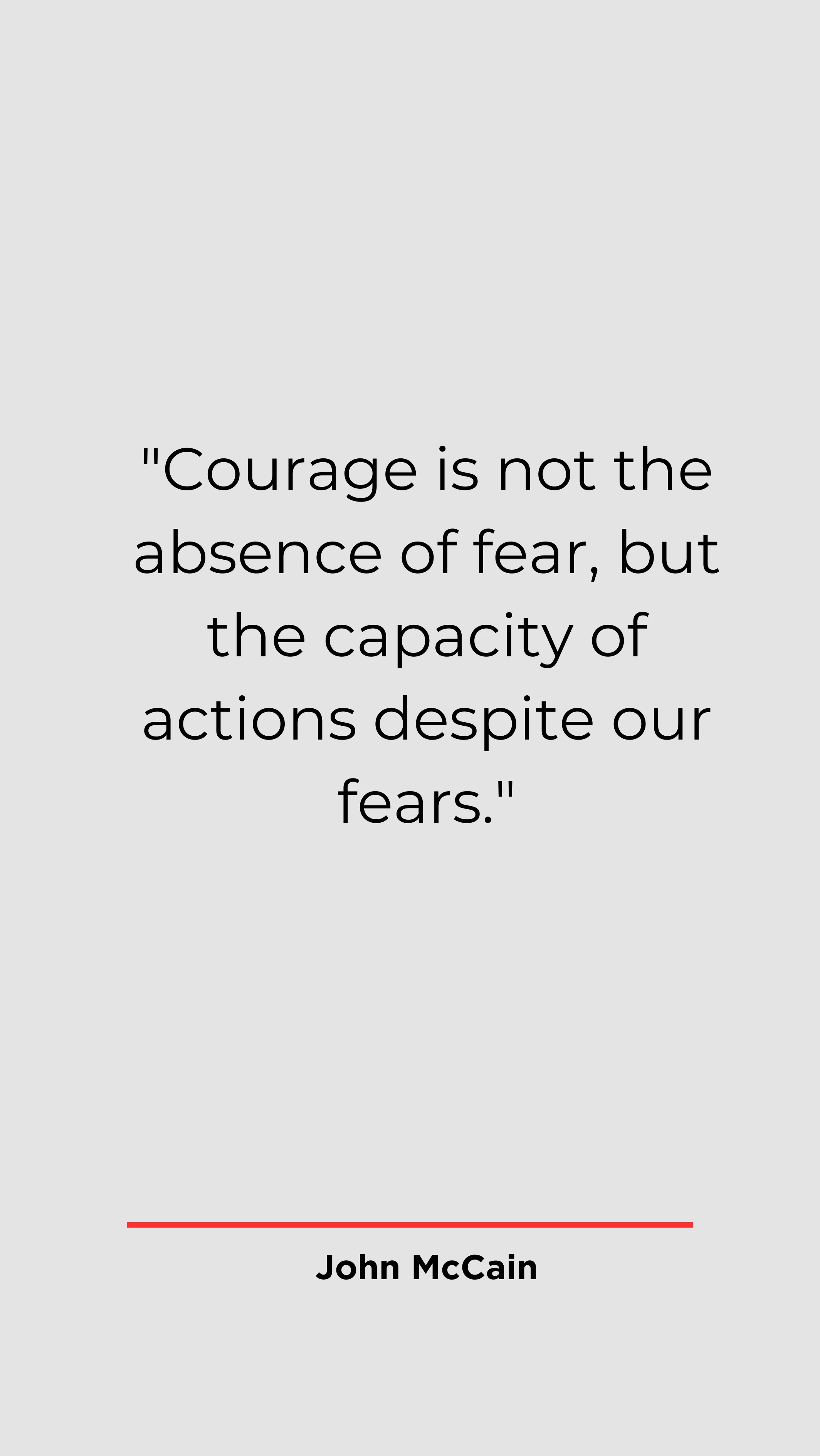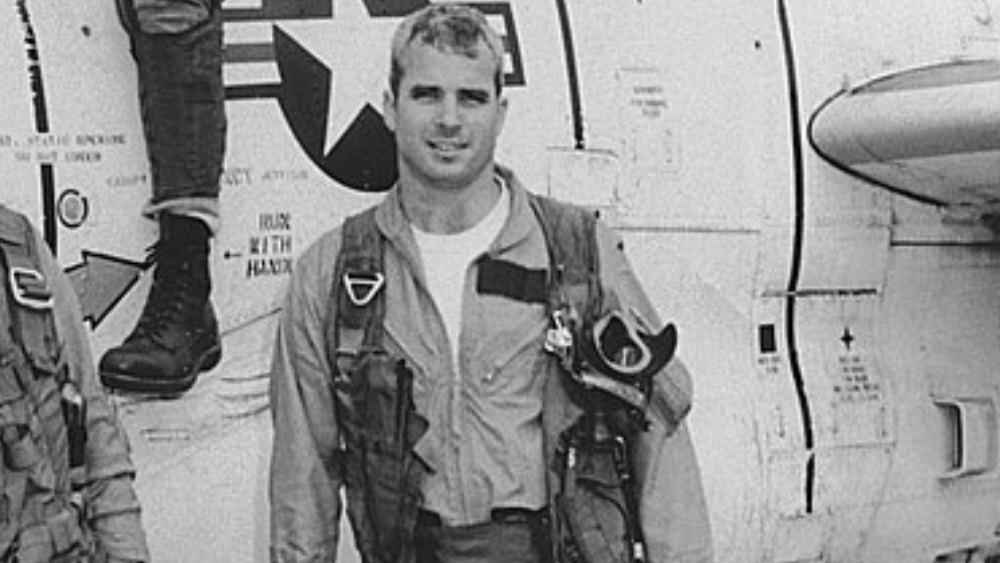John McCain was an American politician and military Veteran. He was born on August 29, 1936, in Coco Solo, Panama Canal Zone. McCain was influential for his independent and principled way of doing politics. The “Maverick of the Senate” was his known title.” He had an impressive military career and served in Congress for a long time. He made a lasting impact on American politics and public service.
Early Life and Military Service
John McCain’s family had a strong military tradition, which greatly influenced his early life. This familial tradition instilled in him a profound sense of duty and honor, shaping the trajectory of his life. He went to the United States Naval Academy to study and train for his country’s service. His commitment led him to become a naval aviator. This profession made him part of important historical events.
McCain’s military journey was one of remarkable resilience and sacrifice. During the Vietnam War, he faced intense conflict and adversity like never before. The lasting image of McCain as a prisoner of war serves as evidence of his unyielding spirit. McCain’s captors captured and held him captive for many years. He endured both physical and emotional hardship. Despite being tortured and isolated, he remained determined and showed loyalty to his comrades and country. His experiences during those difficult years showed his strength and inspired future generations.
John McCain: Congressional Career and Maverick Stance
John McCain’s transition from the military to the political arena marked a new chapter in his life’s narrative. Entering politics, they were elected to the House in 1982, laying the groundwork for their subsequent rise to the Senate in 1987. Representing Arizona, he played pivotal roles in both chambers. McCain’s congressional career embodied convictions, transcending party lines, and engaging in principled bipartisanship, a conspicuous and distinct hallmark. Refusing strict party lines wasn’t a mere strategy but a reflection of pragmatic governance belief, devotion to constituents, and the greater public.
McCain’s political career was defined by his unapologetically independent spirit, a trait that earned him the moniker of a political “maverick.” Decision-making defied conventions, adhering to a moral compass, not party dictates, showcasing a distinct approach that set him apart. McCain wasn’t afraid to challenge norms and speak out, even within his own party, always putting the nation’s welfare first. His unconventional approach to politics left a lasting impact, reminding both leaders and the public that true leadership goes beyond party lines. He stood firm in his principles, even when it meant going against the grain. His legacy is a powerful reminder of the importance of staying true to one’s values.
Campaign Finance Reform Advocacy
McCain’s campaign finance reform stance attests to his unyielding dedication to transparency and fairness principles in American politics. McCain collaborated with Senator Feingold, spearheading the Bipartisan Campaign Reform Act of 2002, popularly known as the McCain-Feingold Act. The Landmark McCain-Feingold Act aimed to curb financial influence in campaigns, foster equitable processes, and ensure accountable political contributions. McCain’s dedication to campaign finance reform showcased his commitment to combating corruption and leveling the political fundraising field.
McCain’s campaign finance advocacy reflected his belief in democratic values: fairness, integrity, and an untainted political landscape. The McCain-Feingold Act reshaped fundraising and showcased McCain’s principled, bipartisan approach to enacting substantial change. McCain’s advocacy emphasized preserving democracy’s integrity from undue financial influence on the democratic process. McCain’s legacy in campaign finance reform reminds us that genuine leadership requires courage to champion justice against resistance.
John McCain: Presidential Runs and National Visibility
McCain’s presidential campaign showcased his national leadership commitment and boosted his profile in the process. McCain’s 2000 presidential bid revealed his readiness to challenge norms and depart from party conventions, setting him apart. His unorthodox approach earned him both admirers and detractors. However, it solidified his position as a principled maverick within the political landscape. In 2008, he secured the Republican nomination for the presidency, a feat that underscored his broad appeal and his recognition as a formidable political force.
McCain’s selection of Sarah Palin as his running mate in the 2008 election was a strategic move that captured the nation’s attention and changed the course of the campaign. Palin’s presence energized segments of the Republican base and brought an unprecedented level of visibility to the ticket. The McCain vs. Obama campaign was a crucial moment in American politics, reflecting changing socio-political dynamics. McCain’s bipartisan engagement and Veterans advocacy heightened his national profile, showcasing his dedication to service and patriotism.

Foreign Policy and National Security Focus
McCain’s Senate tenure emphasized his commitment to national security and a strong foreign policy to bolster America’s interests. Informed by his POW experience in Vietnam, McCain displayed unmatched dedication to a robust defense stance. His support for active U.S. foreign policy showcased his firm belief in America’s global leadership and responsibility for international stability. McCain’s military-rooted views often diverged from peers, prioritizing national safety over politics and challenging party norms for the nation’s welfare.
McCain’s focus on national security extended beyond theoretical stances; he was deeply invested in Veterans’ affairs and the welfare of those who served in the military. His advocacy for Veterans’ rights and the provision of necessary support demonstrated his recognition of the profound sacrifices made by those in uniform. Through his legislation and public discourse, McCain continually highlighted the imperative of prioritizing Veterans’ well-being and honoring their service to the nation. This commitment showcased not only his dedication to the principles of duty and honor but also his willingness to champion those causes that transcended political boundaries for the betterment of American society.
John McCain: Healthcare Advocacy and Legac
John McCain’s legacy extends to his pivotal role in advocating for healthcare reform. In a defining moment in 2017, McCain’s resolute stance on healthcare garnered national attention as he cast a dramatic and impactful “thumbs down” vote on the Senate floor. This courageous move proved to be instrumental in thwarting a Republican-backed attempt to repeal the Affordable Care Act, a healthcare legislation known colloquially as Obamacare. McCain’s decision showcased his principled approach to governance, where he placed the well-being of the American people and the preservation of accessible healthcare above partisan political considerations.
This landmark vote encapsulated McCain’s dedication to his constituents and his steadfast belief in the importance of reaching across the aisle to find bipartisan solutions to complex issues. It illuminated his legacy as a statesman who was willing to stand up for his convictions, even when it meant defying his own party’s leadership. McCain’s legacy as a public servant is a reminder that political leadership is most impactful when it aligns with the best interests of the citizens it serves, embodying the principles of integrity, service, and an unyielding commitment to the common good.











Great article!
It is remarkable, it is rather valuable answer.